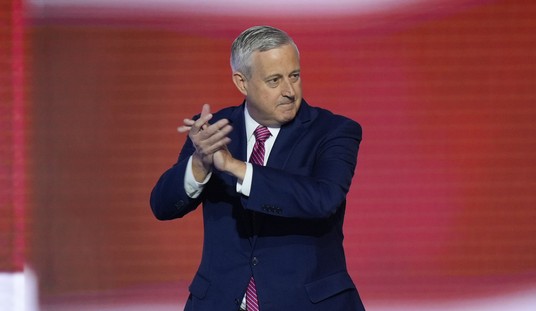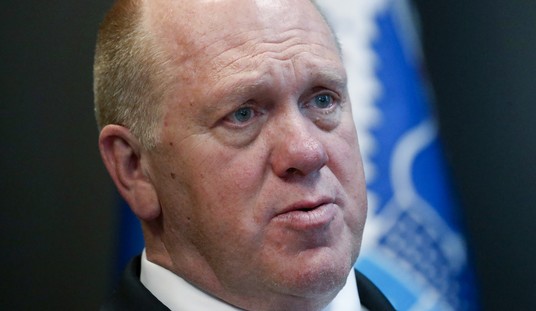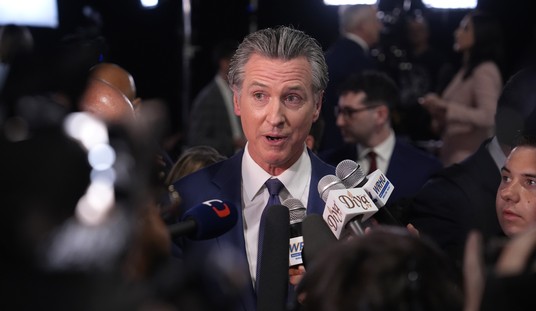For me, it has been a ritual for the last 25 years: On the morning of New Year’s Eve, I write down my goals for the year ahead. I wouldn’t do this year in year out if I hadn’t learned from experience that it works. Just as it does for lots of other people. Many of the successful entrepreneurs I interviewed for my dissertation on the psychology of the superrich also write down their goals.
Precisely why this ritual is so effective is not all that important. Experience shows that it works for a great number of successful people. Arnold Schwarzenegger, who set and achieved great goals in various areas of life (sport, film, politics), reports in his autobiography that he started doing this very early on:
“I always wrote down my goals, like I’d learned to do in the weight-lifting club back in Graz. It wasn’t sufficient just to tell myself something like ‘My New Year’s resolution is to lose twenty pounds and learn better English and read a little bit more.’ No. That was only a start. Now I had to make it very specific so that all those fine intentions were not just floating around. I would take out index cards and write what I was going to:
“get twelve more units in college;
“earn enough money to save $5,000;
“work out five hours a day;
“gain seven pounds of solid muscle weight; and
“find an apartment building to buy and move into.
“It might seem like I was handcuffing myself by setting such specific goals, but it was actually just the opposite: I found it liberating. Knowing exactly where I wanted to end up freed me totally to improvise how to get there.”
Schwarzenegger also emphasizes the importance of setting really ambitious goals: “People were always talking about how few performers there are at the top of the ladder, but I was always convinced there was room for one more. I felt that, because there was so little room, people got intimidated and felt more comfortable staying on the bottom of the ladder. But, in fact, the more people that think that, the more crowded the bottom of the ladder becomes! Don’t go where it’s crowded. Go where it’s empty. Even though it’s harder to get there, that’s where you belong and where there’s less competition.”
Recommended
Numerous studies have scientifically validated Goal-Setting Theory, proving that setting challenging and specific goals leads to better results than easy goals, and that people who set specific goals are more successful than those who set no goals or only vaguely formulated goals.
“Dream more than others think practical”
For my book Dare to Be Different and Grow Rich, I analyzed the biographies of more than 50 successful people and found that many of them had set very ambitious goals early in their lives:
Howard Schultz was born the son of an unskilled laborer in Brooklyn in 1953 and grew up in a deprived neighborhood. He turned his company Starbucks into a leading brand with more than 27,000 branches worldwide. He prefaced his 1997 autobiography by advising readers: “Dream more than others think practical. Expect more than others think possible.” Larry Page, who created Google, is a strong proponent of what he calls “a healthy disregard for the impossible”: “You should try to do things that most people would not.” Sam Walton, the founder of Walmart, which was at one time the largest corporation in the world, explained the secret of his success by saying: “I’ve always held the bar pretty high for myself: I’ve set extremely high personal goals.” Another legendary entrepreneur and billionaire, Richard Branson, stated pithily: “The lesson I have learned throughout all this is that no goal is beyond our reach and even the impossible can become possible for those with vision and belief in themselves.”
Why don’t more people set themselves ambitious goals?
If setting ambitious goals works so well for so many successful people, why don’t more people do it? Because they lack self-confidence, because they are afraid of failing. Try this little thought experiment: Imagine for a moment that I could guarantee you that you could not fail – wouldn’t you then set much bigger goals for yourself? Of course, no one can provide such a guarantee.
But allow me to make the following two observations:
1. If you do not set an ambitious goal because you are afraid of not achieving it, then you have already failed, because you have no chance of reaching your goal.
2. If you do not fail from time to time, then you are a loser in my eyes. Because your constant successes prove that the goals you set yourself were never ambitious enough.
I am often asked: How big should the goal I set for myself be? And how exactly should I formulate it? And how many goals should I set?
The saying “Nothing is impossible” that you sometimes hear from motivational trainers is, of course, not true. You will not become President of the United States next year, no matter how many times you write it down and how much you wish for it. And you won’t fly to Mars the year after next, no matter how much you dream about it.
Most people set goals that are too small
But that is not the point. Most people set goals that are not too big, but too small – or they don’t set any goals at all. A goal should be so big that you find it very difficult (but not completely impossible) to believe in. A goal that you are certain to achieve relatively easily is definitely too small.
Above all, the goals you set must be quantifiable, otherwise you won’t be able to check whether you are achieving them. And more importantly, your subconscious will never understand vaguely formulated goals. If you write to Amazon: “Send me something great,” you won’t get anything. Your goals must be specific.
Last New Year’s Eve I wrote: “My next book will be translated into 20 languages and I’ll sign all the necessary contracts in 2022.” That was ambitious, because my most successful book to date had been translated into 13 languages – and that had taken ten years!
I also decided a year ago to write down only one goal, even though I usually set myself five to ten. But I thought it would be easier to achieve one goal than five. And so it was. Only: the goal was too small, because in the end I signed 27 contracts for my book, “In Defense of Capitalism.” So, formulate specific goals – and above all, don’t be afraid to set ambitious goals! I hope you achieve all of your big goals in 2023!
Rainer Zitelmann’s book “In Defense of Capitalism” will be published soon.
























Join the conversation as a VIP Member